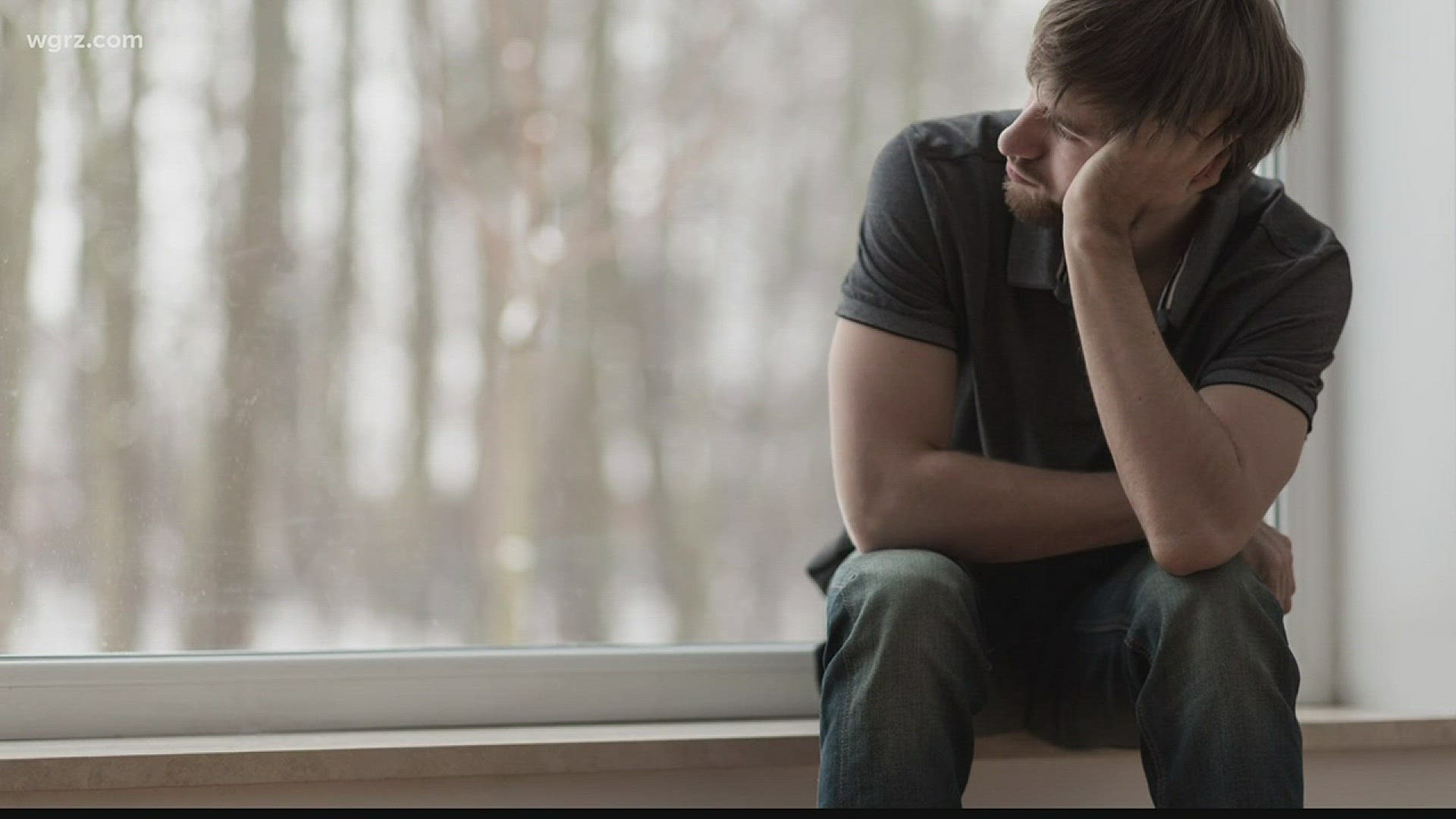This story is the latest installment in a series on mental health awareness. 2 On Your Side has partnered with the Erie County Anti-Stigma Coalition, which launched earlier this year. For their website, visit this link. It has information on resources and treatment options if you or a loved one needs help with a mental health issue.
BUFFALO, N.Y. — During October's Depression Awareness Month, we're offering a continued reminder that it's OK to seek help for yourself or a loved one. Depression, in particular, is an illness many people struggle with — as many as 300 million worldwide, to be exact.
Earlier this month, we spoke with Mike Blake, the founder of the South Buffalo Soccer Club and the organizer of the "Walk For Hope" in South Buffalo. Blake said depression was a factor in the deaths of six former soccer club members over the past few decades, either due to suicide or addiction struggles.
Through the Walk for Hope events, he's learned that depression is a problem that has touched more people than he ever could have imagined.
"I've had so many people message me on Facebook or come up to me in person and tell me their struggles with depression," Blake said. "They're not always the people you would think. Many of them are successful. You'd never think they were struggling with depression or anything like that."
To be clear, depression does not always lead to addiction or suicide. However, if left untreated, those are worst-case consequences of depression.
Elizabeth Hole, a program director for the mental health program at Horizon Health's Broadway location, said seeking help is the most important thing a person can do if they show symptoms of depression. Those symptoms can include loss of appetite, change in sleeping patterns, loss of interest in activities, among many other signs.
"The common misconception about depression is that a person did something wrong, or a person should just work harder to try to feel better. But what we know is that this is a disorder of the brain," Hole said. "And where we need to be is at a place where we're treating mental health issues in the same way we treat any medical issue."
Horizon Health's central admissions number: (716) 831-1800
Crisis Services: (716) 834-3131

